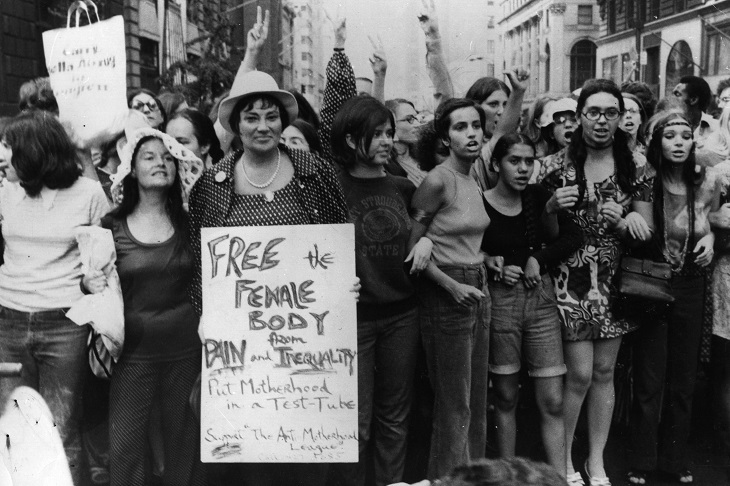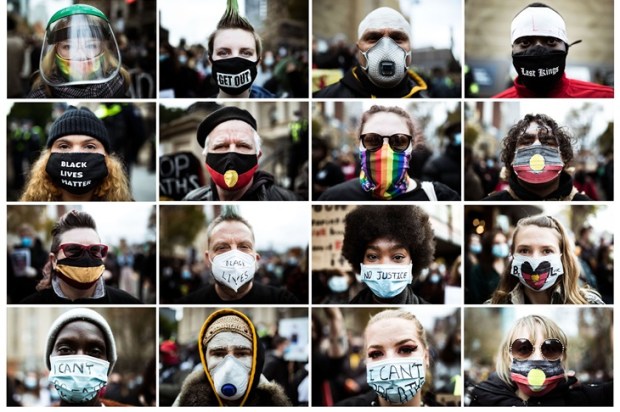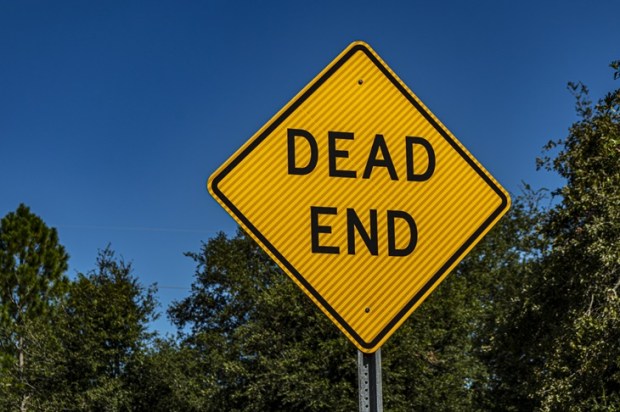For the late US Supreme Court Justice Ruth Bader Ginsburg, the right to abortion was better characterised as an expression of sex equality than the right to privacy recognised by Roe v Wade.
At her 1993 confirmation hearing she told the US Senate:
‘…it is essential to women’s equality with men … that she be the decision-maker, that her choice be controlling. And that if you impose restraints that disadvantage her, you are disadvantaging her because of her sex’.
Earlier, in a 1985 article in the North Carolina Law Review, Justice Ginsburg tied the right to abortion to ‘a woman’s autonomous charge of her full life’s course…her ability to stand in relation to man, society and the state as an independent, self-sustaining, equal citizen’.
Of course, Justice Ginsburg was correct.
Consider the following: two young people, both promising and productive members of society on the cusp of brilliant careers, fall in love. Because abstinence is virtually unheard of outside of religious circles, they begin a sexual relationship. After a few months they discover that their contraceptive method has failed, like thousands of other couples every year. One of them goes through pregnancy and the pain of childbirth, and has a dependent new life thrust upon them, impacting their career and reducing their standing among their peers and their community. The other does not, and continues on his way, perhaps to engage in the whole process again with a new partner.
This isn’t equal, nor fair.
Abortion activists’ answer? Women need abortion to fully participate in society. Obviously.
But acknowledging the inherent unfairness of modern sexual relationships doesn’t require us to accept abortion as the solution, any more than acknowledging the burdens of parenthood requires us to accept the abandonment, neglect, or death of young children as a solution to that problem. We are entitled to say, ‘Yes, this is a problem. Yes, this is unfair. But no, death is not the answer.’ And then ask – with clear eyes and open minds – is an abortion the killing of a human being?
Pro-lifers are often accused of being anti, or at least ignorant of, science. Inconvenient scientific discoveries about embryology, DNA and foetal development are routinely brushed aside.
But if the answer to whether an abortion kills a human being is yes, we have a big problem. And if our culture has created a problem to which there is no real solution – assuming, as I hope you agree, that killing human beings is not a legitimate solution to any social problem – what does that say about the quality of our culture?
It says that we want, desperately, for our biology to be different to what it is.
It says that we want our culture to determine our biology, rather than our biology to determine our culture.
Specifically, we want sex to be a purely recreational activity without lasting impacts on either party; we want an unborn child not to have a complete set of unique human DNA, distinct from its mother’s, from conception; we want life to begin – conveniently – at a magical moment just after a mother decides she loves her child, and when DNA shows us that’s ascientific, we want to use the flexible metaphysical concept of ‘personhood’ to determine whether a human life has value.
This isn’t science. This is fantasy. And it isn’t a coincidence that the fantasy became plausible only in the fog of the sexual revolution when, at least at first, the mirage of consequence-free sex seemed to be within grasp.
If we’re really honest with ourselves, if abortion is our only solution, then we have no solution at all. A serious moral response to sexual relationships in which the burden of pregnancy falls unequally isn’t to kill a child to make the problem go away, but to build a society that doesn’t encourage – require – the relationship in the first place. Imagine a young woman telling a new boyfriend today that she won’t have sex with him for fear of getting pregnant. Unless they’re both part of a religious community that practises abstinence, she will be met with either disbelief or derisive laughter.
A society that truly respects women doesn’t just respect our ambition and our earning capacities. It respects our bodies, generally capable of bearing and nurturing new life. It recognises the inherent unfairness of expecting or encouraging women to bear the risk of falling pregnant outside of a committed relationship in which she and her child will be cherished and cared for, and it doesn’t offer up the disintegration or dismemberment of that child as a limp, half-hearted response to problems largely created by men in their pursuit of sexual freedom.
And it would tell women who feel restricted by this new ethos of sexual reality: we are sorry. You were lied to. Abortion is not the solution you were told it was. But please know: even though you have been made to feel as if sex is the ultimate expression of what it means to be human, you are so much more than your sexual desires. You are precious, and you are loved. Don’t let anyone short-change you.
Got something to add? Join the discussion and comment below.
Get 10 issues for just $10
Subscribe to The Spectator Australia today for the next 10 magazine issues, plus full online access, for just $10.


























Comments
Don't miss out
Join the conversation with other Spectator Australia readers. Subscribe to leave a comment.
SUBSCRIBEAlready a subscriber? Log in